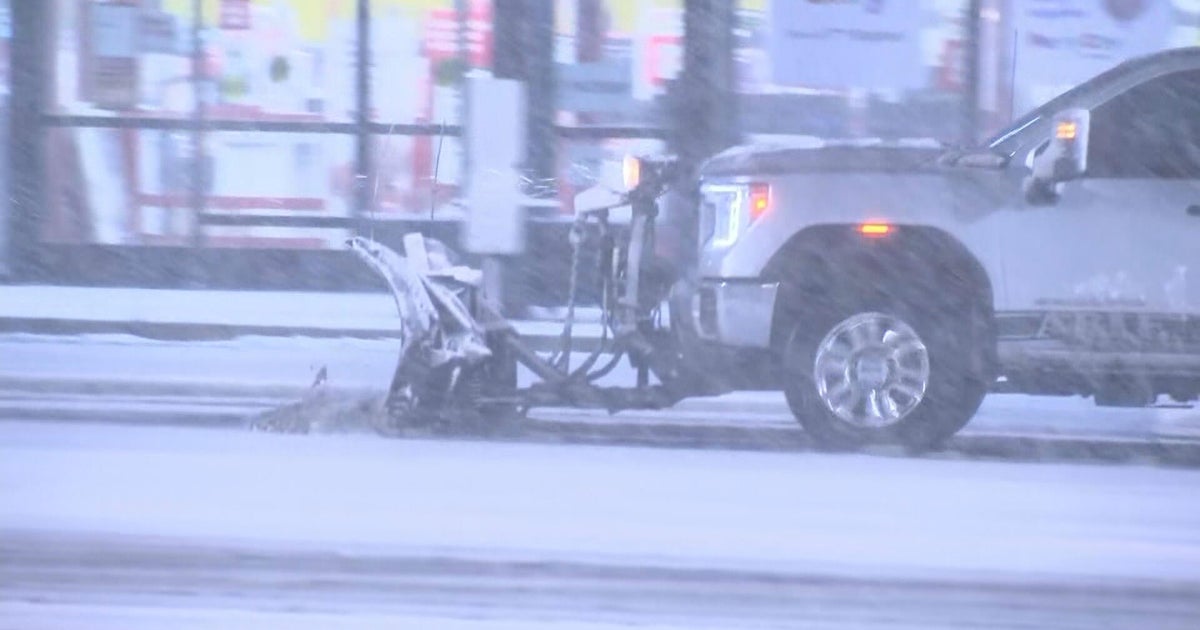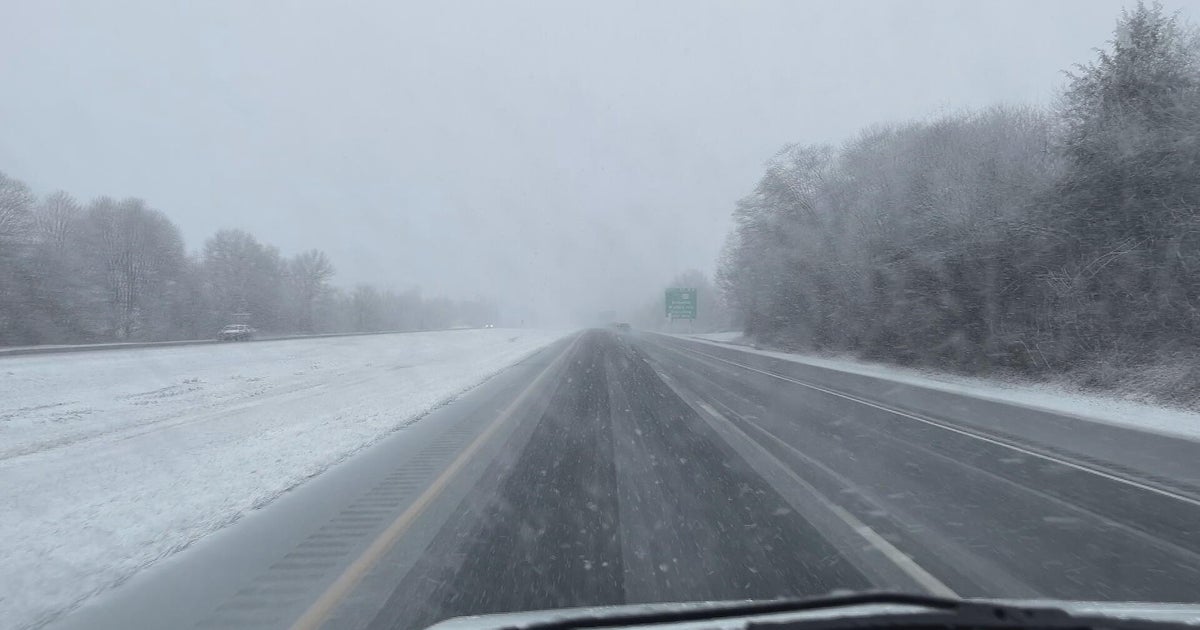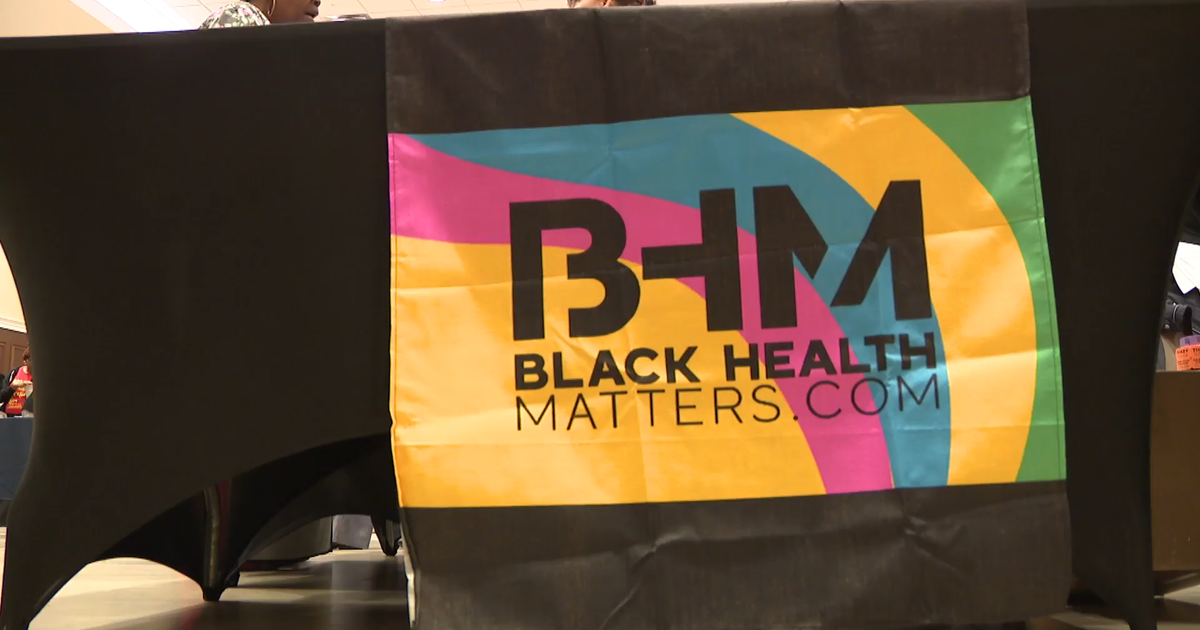Renewed Push To Protect The Poor From Utility Shutoffs
By KYW Community Affairs reporter Cherri Gregg
PHILADELPHIA (CBS) - A debate is heating up over whether to reauthorize Pennsylvania Act 201, a law that gives utilities the authority to shut off heat and electricity during the winter for all but the poorest of the poor.
Act 201, which expires next year, became a law in 2004 in response to Philadelphia Gas Works' complaints about failed collections efforts and other abuses. At the time, the bill was viewed as an experiment and included a sunset provision that would kill the law in 10 years.
"There have been record number of terminations that have followed because of that bill," says Robert Ballenger, an attorney with Community Legal Services of Philadelphia.
He says thousands of Pennsylvania families enter the winter each year without either heat or electricity.
"This has a huge impact in Philadelphia," he says. "Sixty percent of the homes that enter the winter without a heat source because of same-year shutoff live in the city."
Ballenger says part of the problem is that Act 201 eliminates assistance by the Pennsylvania Utility Commission. He says another big obstacle is that disconnected customers must pay their outstanding bill in full, plus there are reconnection fees and deposits that equal up to two months of the annual bill.
"It's just so frustrating, I don't know what to do," says one mother of nine. She says she got behind on her Peco bill after her husband died in February of this year. With fees, she now owes $1,600.
"I cannot stay in my home now that it's getting cold," she says, "and because I have so many children, we're in three different homes because no one could take all of us."
The Energy Association of Pennsylvania, which represents the utility companies, says Act 201 works by keeping rates down.
"If our collection standards are lax, that will eventually works its way into rates paid for by all customers," says Terry Fitzpatrick, president of the association. "We think the bill works so we believe it should be reauthorized."
Single-mother Brenda Ogboro of North Philadelphia says she's had financial hardships while trying to put her daughter through college. She says she's gotten little help on payment options for her $500 PGW bill.
"I'm trying....I'm trying real hard," she says. "I pay $40 a month, sometimes twice a month, to get caught up. But I am concerned I could get cut off. I don't know what I can do."
Ogboro, a mental health aide, says she has heart problems, so a medical waiver helped keep the gas on during a really rough patch last year. But she says she's run out of options.
"Sometimes I had to choose between paying my daughter's tuition and paying my utility bills," says Ogboro, who notes her daughter graduates from Penn State in December. "I shop at the thrift shop, I don't go out...I just need to get her through school. But there's not a lot of help."
Ballenger says Community Legal Services tries to help clients stay connected. He says some of his clients had fees so high they had no choice but to file bankruptcy.
"Families are places at risk in Pennsylvania as a result of those provisions," he says. "I just hope lawmakers look at the real-world impact of this law before they reauthorize."
HB 1037 would reauthorize Act 201. HB 939 would amend the law. Both await action by the Pennsylvania Senate.
Follow Cherri Gregg on Twitter @cherrigregg







